
Keumars Afifi-Sabet
Keumars is the technology editor at Live Science. He has written for a variety of publications including ITPro, The Week Digital, ComputerActive, The Independent, The Observer, Metro and TechRadar Pro. He has worked as a technology journalist for more than five years, having previously held the role of features editor with ITPro. He is an NCTJ-qualified journalist and has a degree in biomedical sciences from Queen Mary, University of London. He's also registered as a foundational chartered manager with the Chartered Management Institute (CMI), having qualified as a Level 3 Team leader with distinction in 2023.
Latest articles by Keumars Afifi-Sabet

MIT scientists have just figured out how to make the most popular AI image generators 30 times faster
By Keumars Afifi-Sabet published
Scientists have built a framework that gives generative AI systems like DALL·E 3 and Stable Diffusion a major boost by condensing them into smaller models — without compromising their quality.

Light-powered computer chip can train AI much faster than components powered by electricity
By Keumars Afifi-Sabet published
New chip design uses photons rather than electrons to perform calculations, and scientists hope to integrate the technology into future graphics cards to train AI.
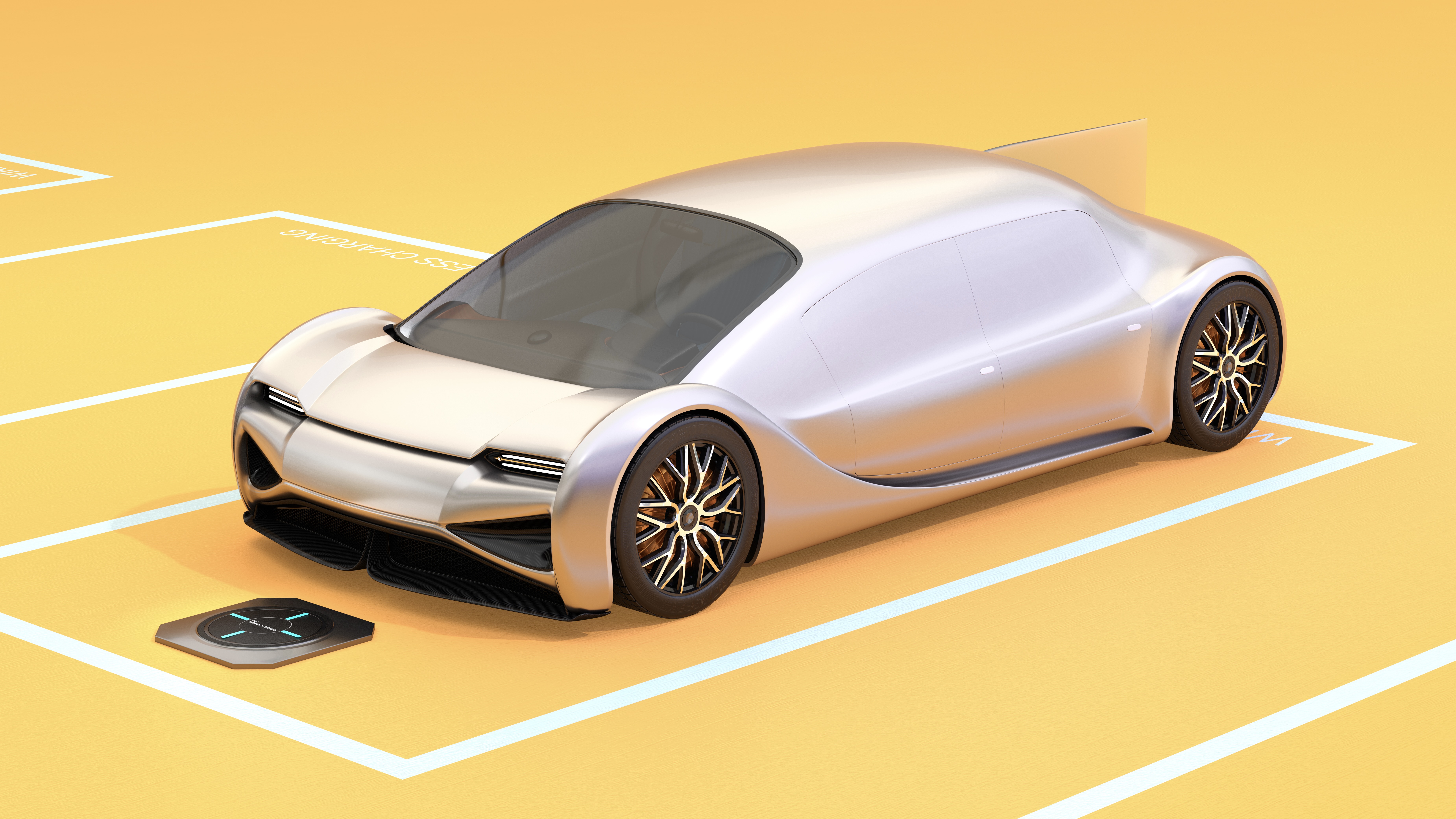
Experimental wireless EV charger is just as fast as a superfast wired plug, scientists say
By Keumars Afifi-Sabet published
This 14-inch wireless charging device works at a rate of 100 kW, scientists claim, meaning it's up to 10 times as fast as some of the best commercially available alternatives.

Researchers gave AI an 'inner monologue' and it massively improved its performance
By Keumars Afifi-Sabet published
Scientists trained an AI system to think before speaking with a technique called QuietSTaR. The inner monologue improved common sense reasoning and doubled math performance.
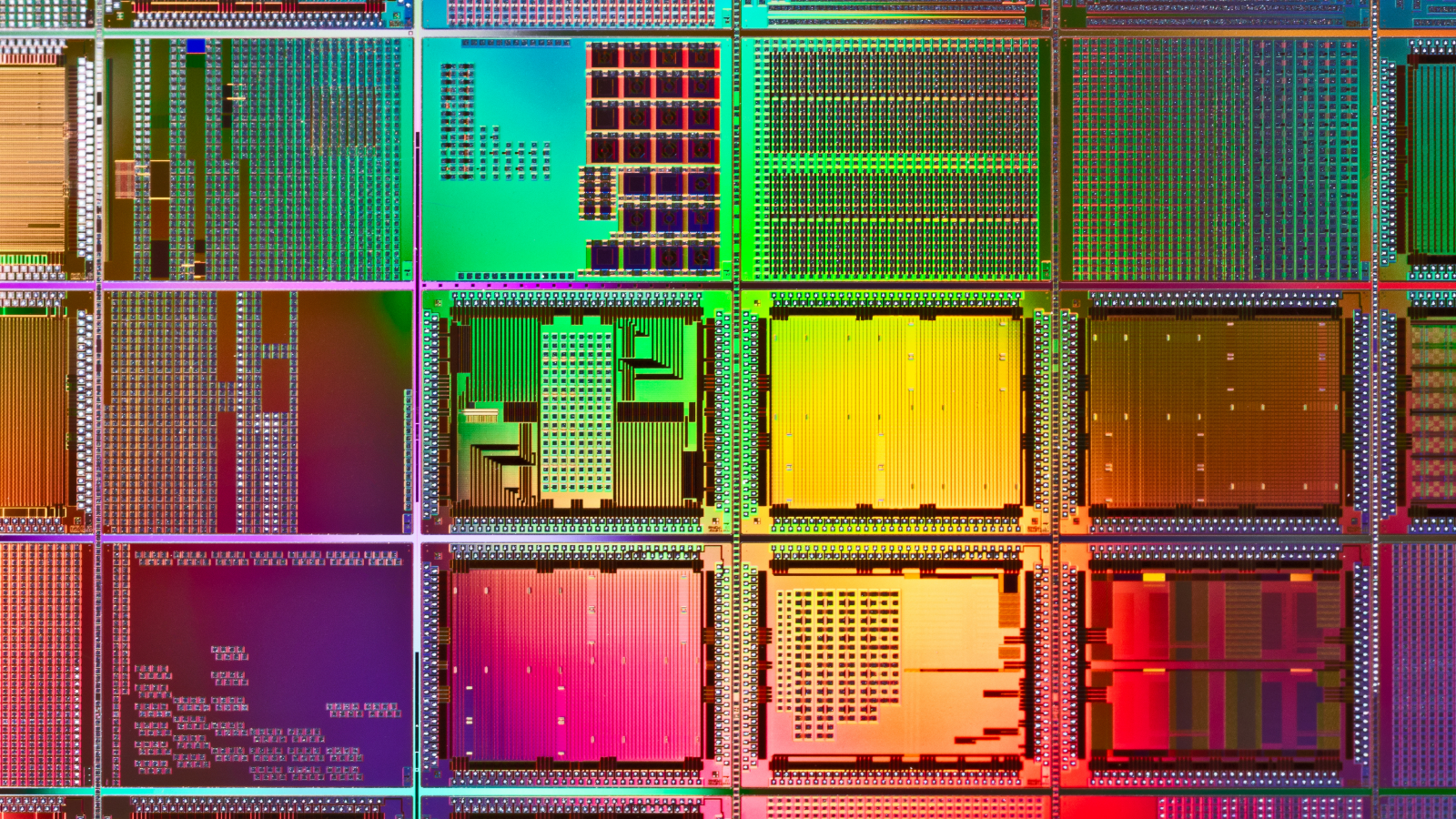
Computing 'paradigm shift' could see phones and laptops run twice as fast — without replacing a single component
By Keumars Afifi-Sabet published
By letting different processing units — like GPUs, NPUs and hardware accelerators — work in parallel, rather than in sequence, systems can be up to twice as fast and consume 50% less energy.
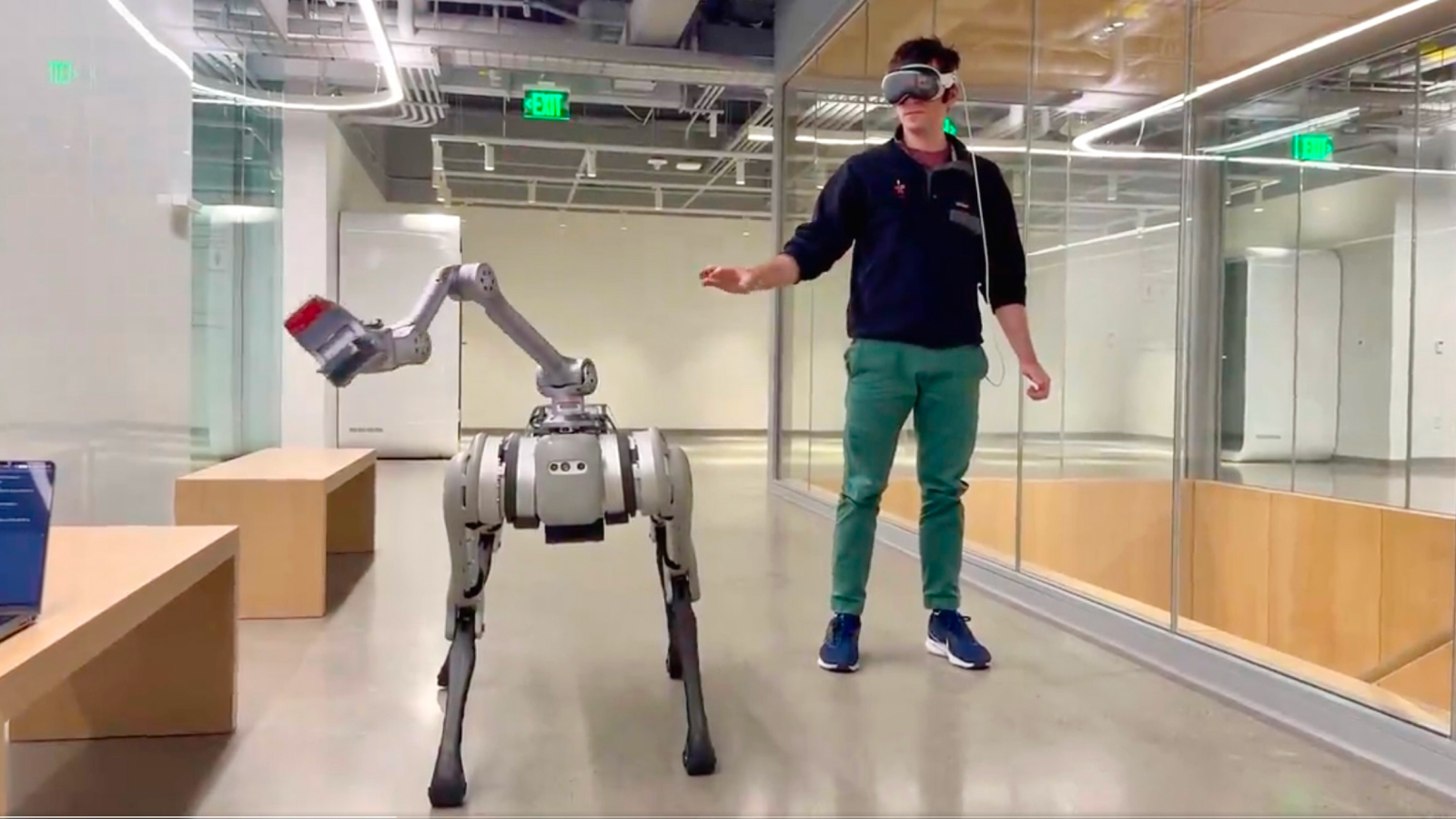
Watch scientists control a robot with their hands while wearing the Apple Vision Pro
By Keumars Afifi-Sabet published
Scientists built an app that let them control a robot using hand gestures while wearing the Apple Vision Pro VR headset.
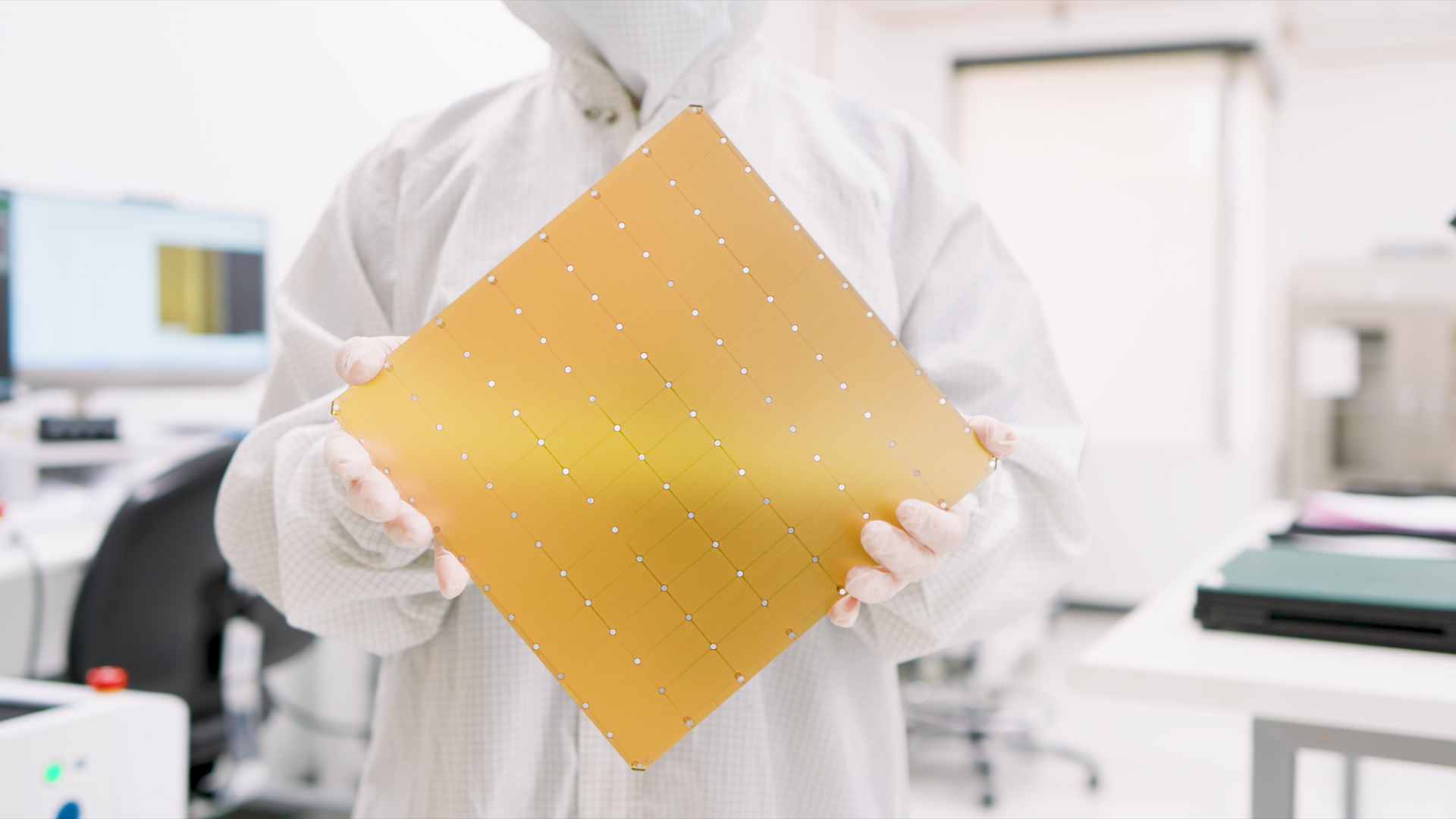
World's largest computer chip WSE-3 will power massive AI supercomputer 8 times faster than the current record-holder
By Keumars Afifi-Sabet published
Cerebras' Wafer Scale Engine 3 (WSE-3) chip contains four trillion transistors and will power the 8-exaFLOP Condor Galaxy 3 supercomputer one day.
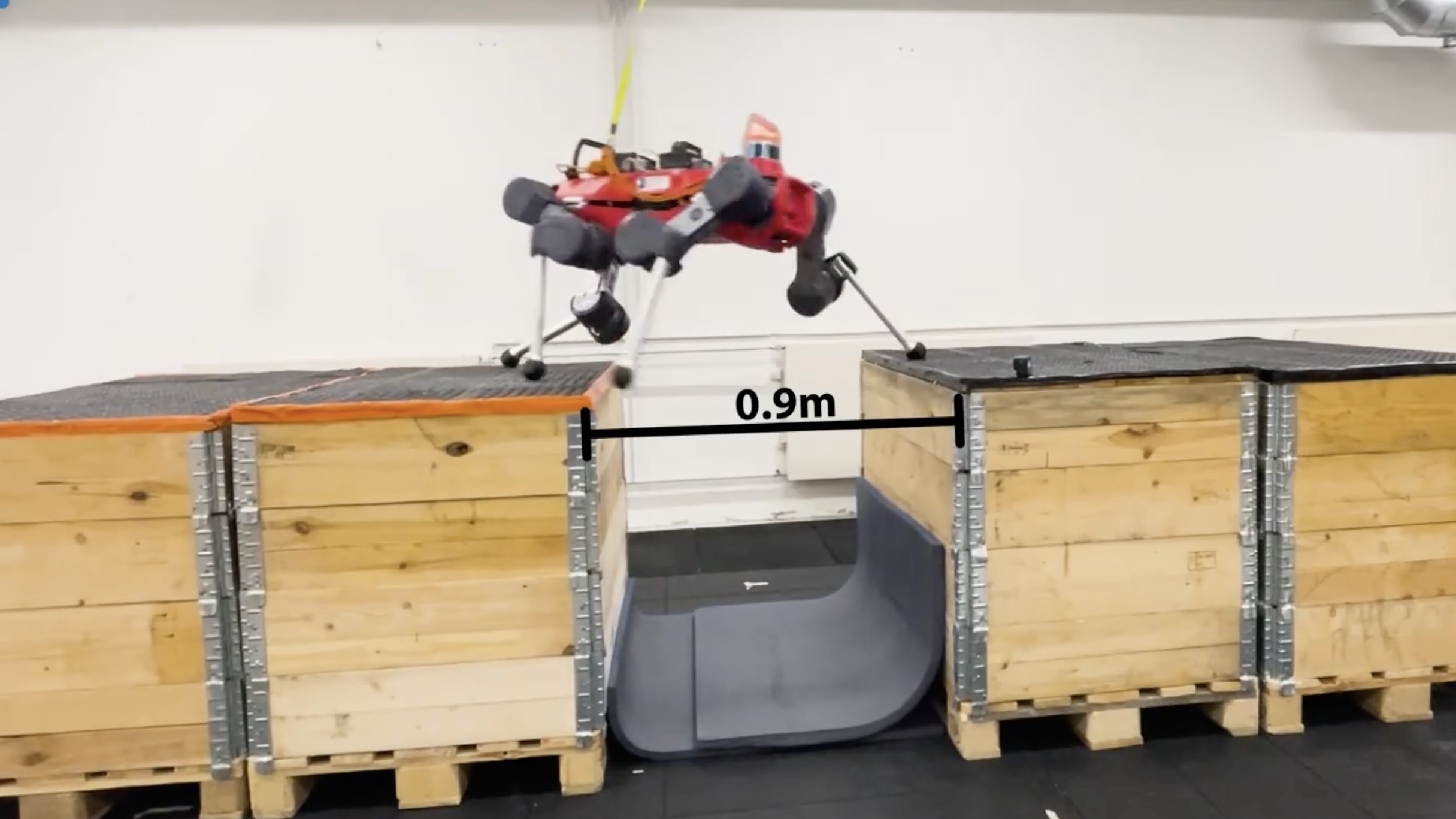
Watch a 'robot dog' scramble through a basic parkour course with the help of AI
By Keumars Afifi-Sabet published
Scientists used AI neural networks to teach a robot dog new tricks, enabling it to climb wooden crates and hop between them.
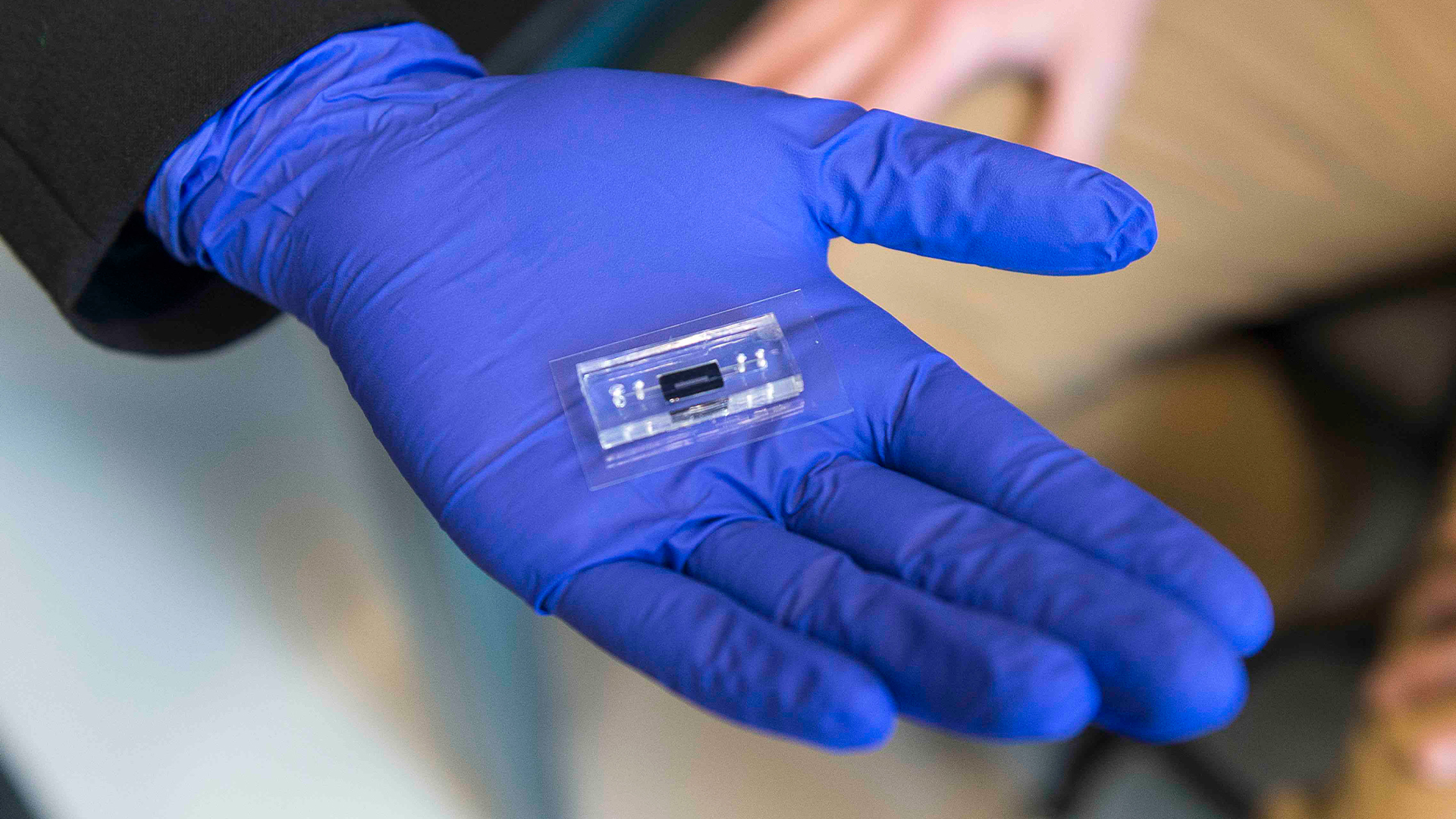
New DNA-infused computer chip can perform calculations and make future AI models far more efficient
By Keumars Afifi-Sabet published
The new processor stores data in modified DNA molecules and uses microfluidic channels to perform basic computations.
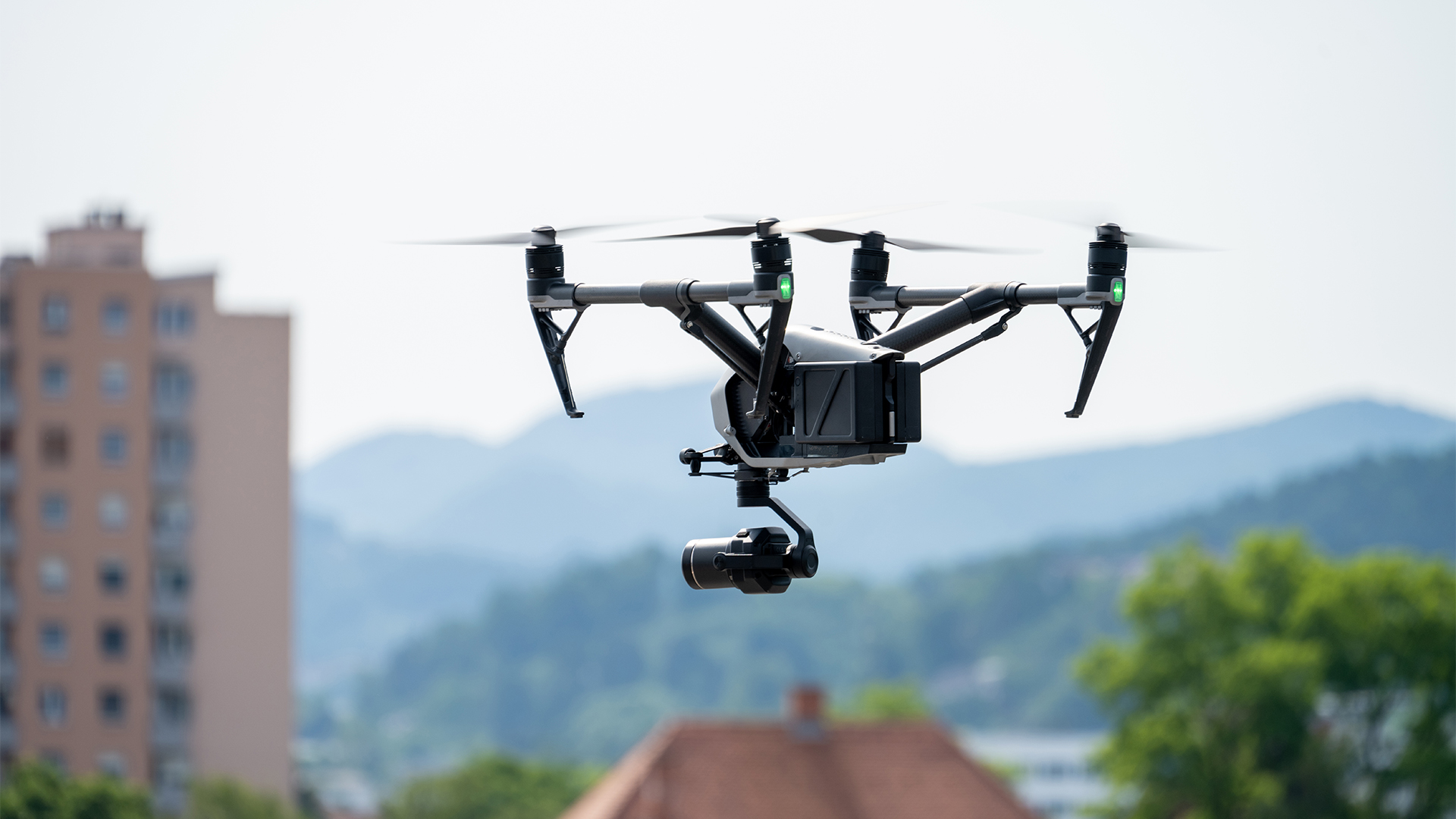
AI drone that could hunt and kill people built in just hours by scientist 'for a game'
By Keumars Afifi-Sabet published
The scientist who configured a small drone to target people with facial recognition and chase them at full speed warns we have no defenses against such weapons.

AI singularity may come in 2027 with artificial 'super intelligence' sooner than we think, says top scientist
By Keumars Afifi-Sabet published
We could build an AI that demonstrates generalized, human-level intelligence within three to eight years — which may open the door to a "super intelligence" in a very short space of time.
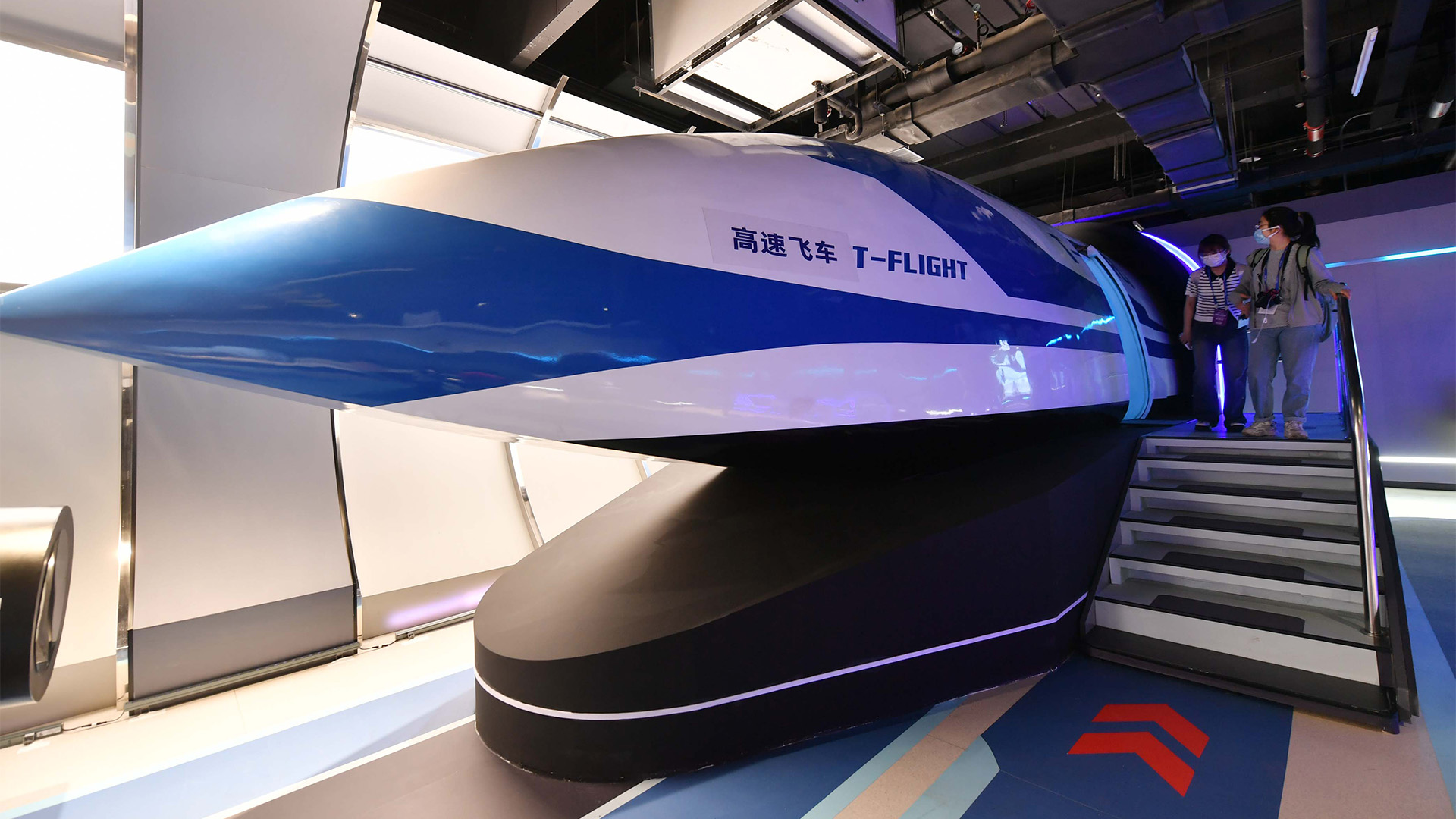
Record-smashing Chinese maglev hyperloop train hits 387 mph and could someday outpace a plane
By Keumars Afifi-Sabet published
The T-Flight is a maglev train that hit a record-breaking speed of 387 mph on a short test track — but engineers want to double that rate so the train can carry passengers at speeds faster than if they were traveling by plane.
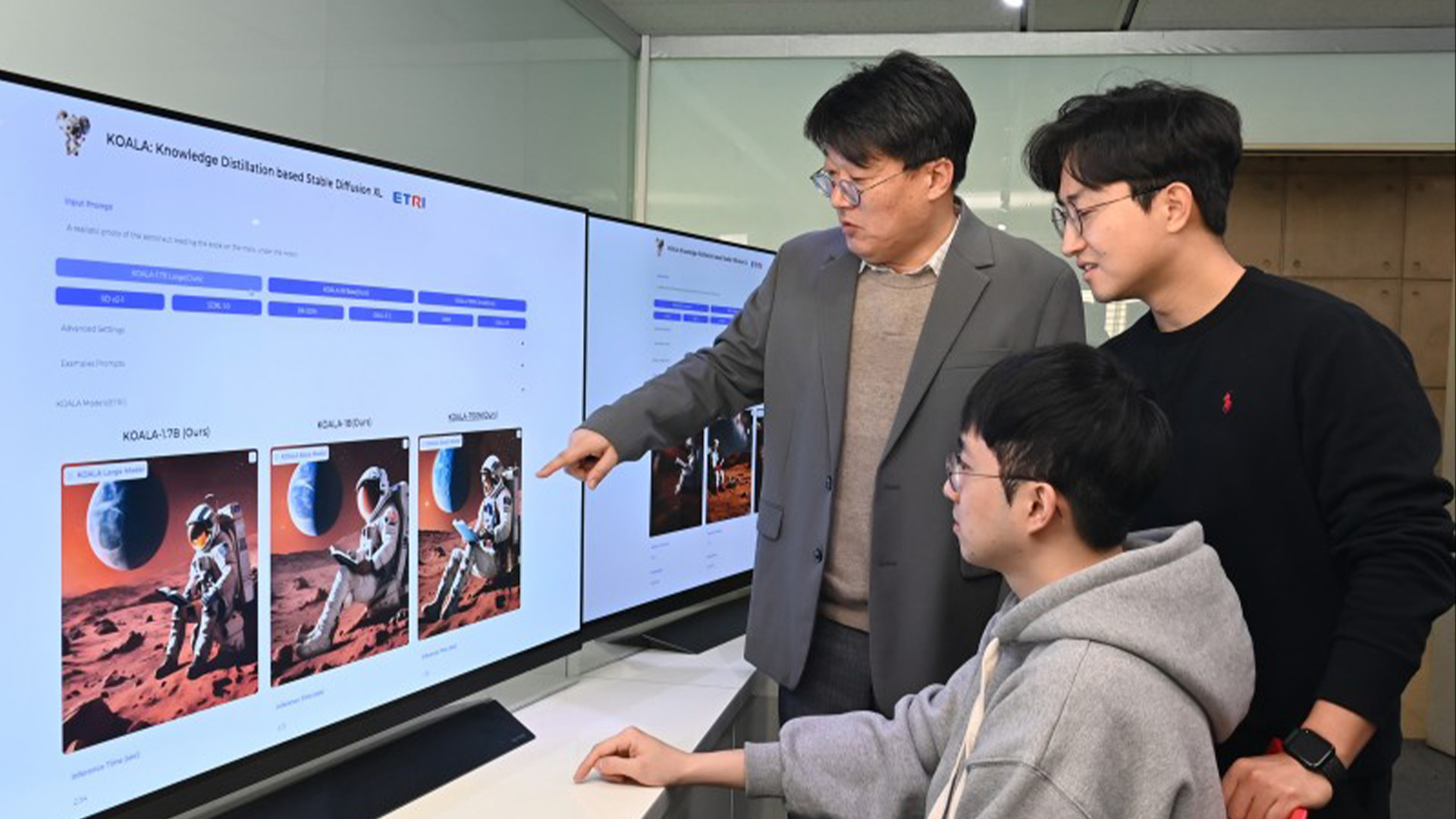
New AI image generator is 8 times faster than OpenAI's best tool — and can run on cheap computers
By Keumars Afifi-Sabet published
Scientists used "knowledge distillation" to condense Stable Diffusion XL into a much leaner, more efficient AI image generation model that can run on low-cost hardware.
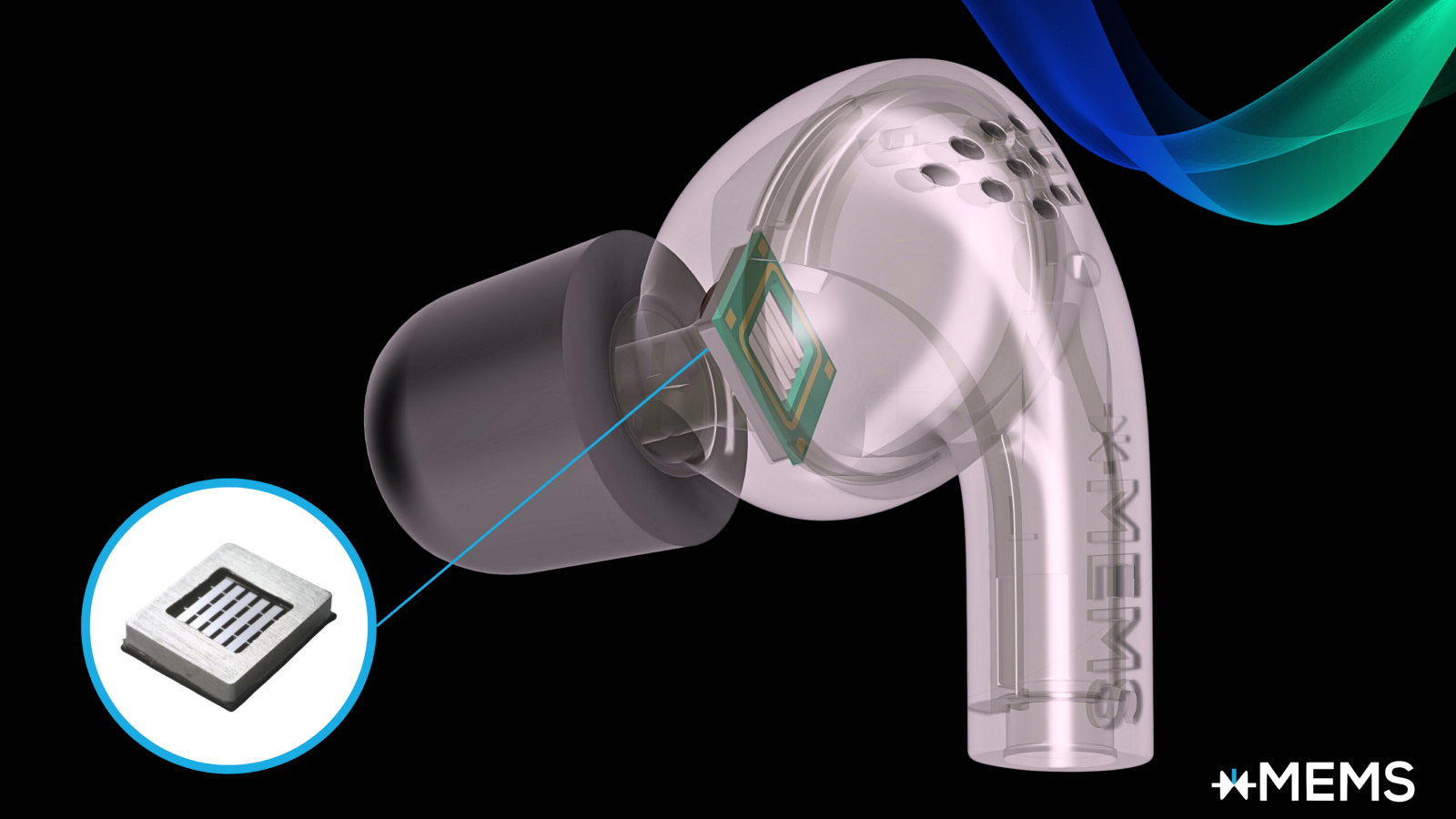
Ultrasonic earbuds with 'advanced noise-cancellation' could launch as soon as 2025
By Keumars Afifi-Sabet published
Say goodbye to earbuds that break down and create fuzz. New ultrasonic audio chip could lead to digital headphones with better noise-cancelling and spatial audio.

Qubits are notoriously prone to failure — but building them from a single laser pulse may change this
By Keumars Afifi-Sabet published
Qubits are normally made from superconducting metals and need to be cooled to near absolute zero to avoid collapsing. But scientists just built an error-free "logical qubit" from a single laser pulse — and it works at room temperature.

AI chatbots need to be much better at remembering things. Have scientists just cracked their terrible memory problem?
By Keumars Afifi-Sabet published
AI chatbots can't remember things well. However, scientists might have fixed AI's critical short-term memory issue, while OpenAI is also beginning to roll out long-term memory for ChatGPT.
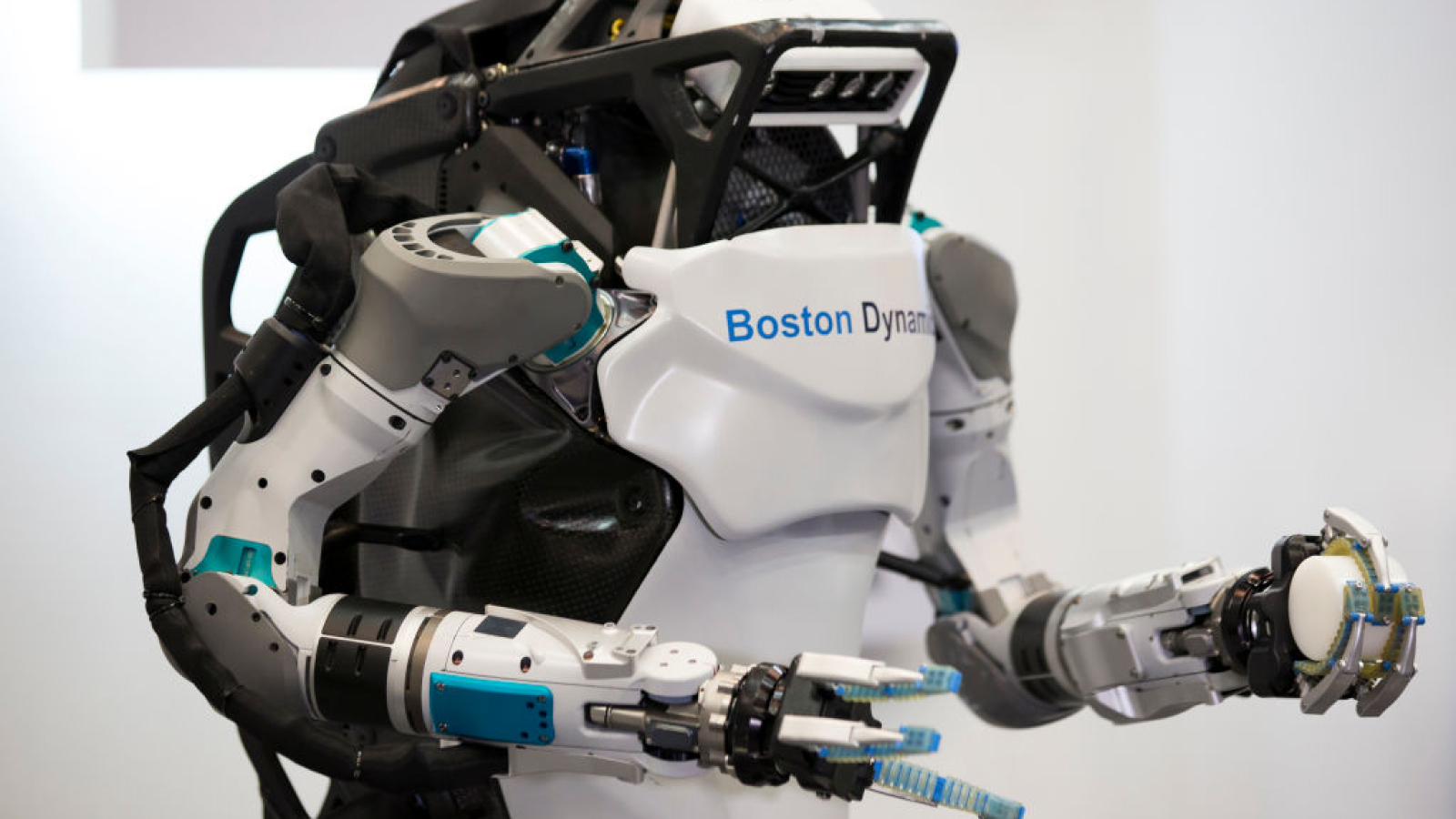
Forget making coffee — Boston Dynamics puts Atlas to work lifting heavy automotive struts in latest flex
By Keumars Afifi-Sabet published
Boston Dynamics has released footage showing how its flagship Atlas humanoid robot would cope in a factory environment as it lifts heavy struts and puts them into a flow cart.
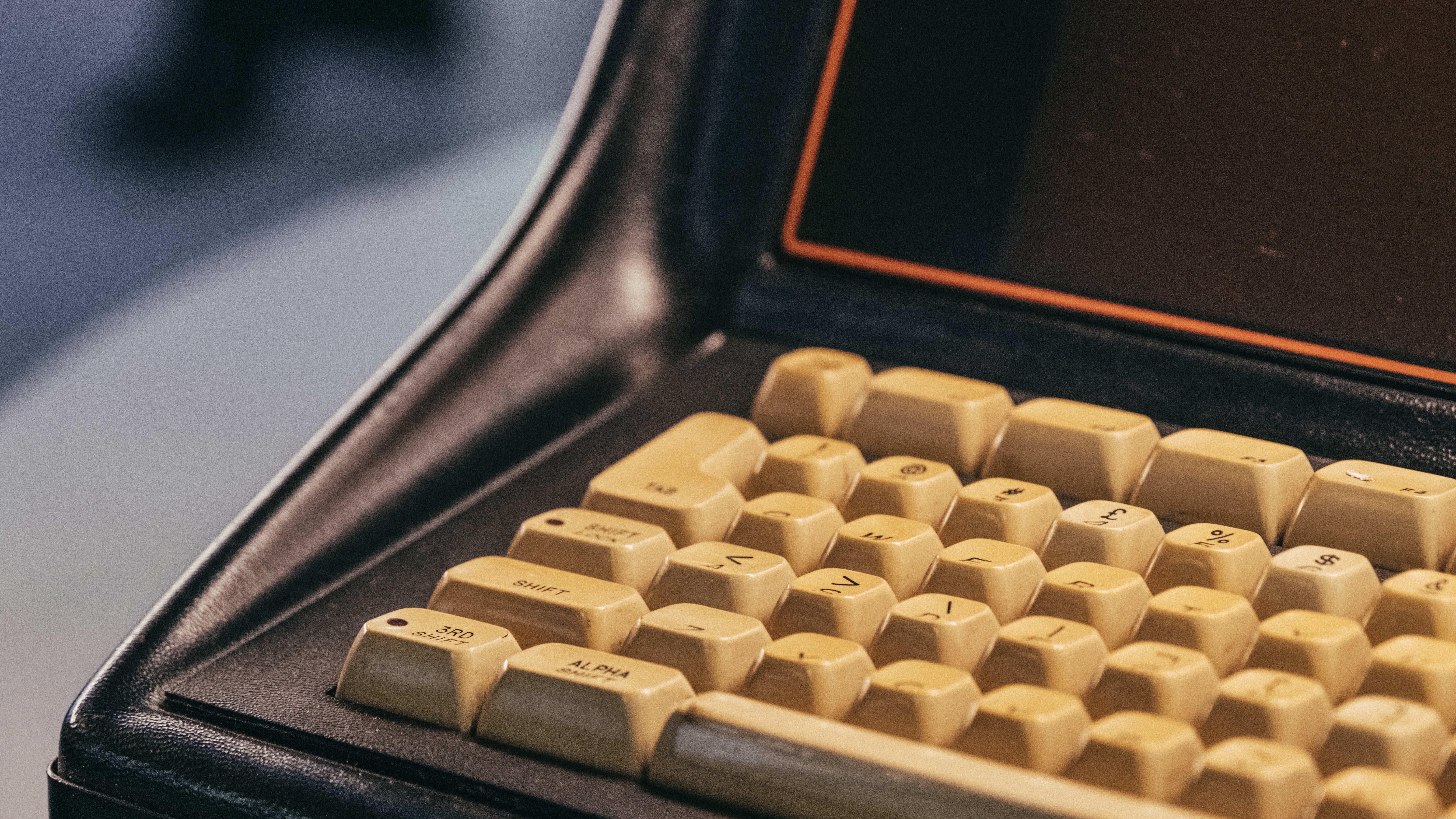
World's 1st PC rediscovered by accident in UK house clearance nearly 50 years after last sighting
By Keumars Afifi-Sabet published
Two of the three last-known surviving Q1 microcomputers have resurfaced after they were last known to have been used by an oil drilling company in the 1970s.
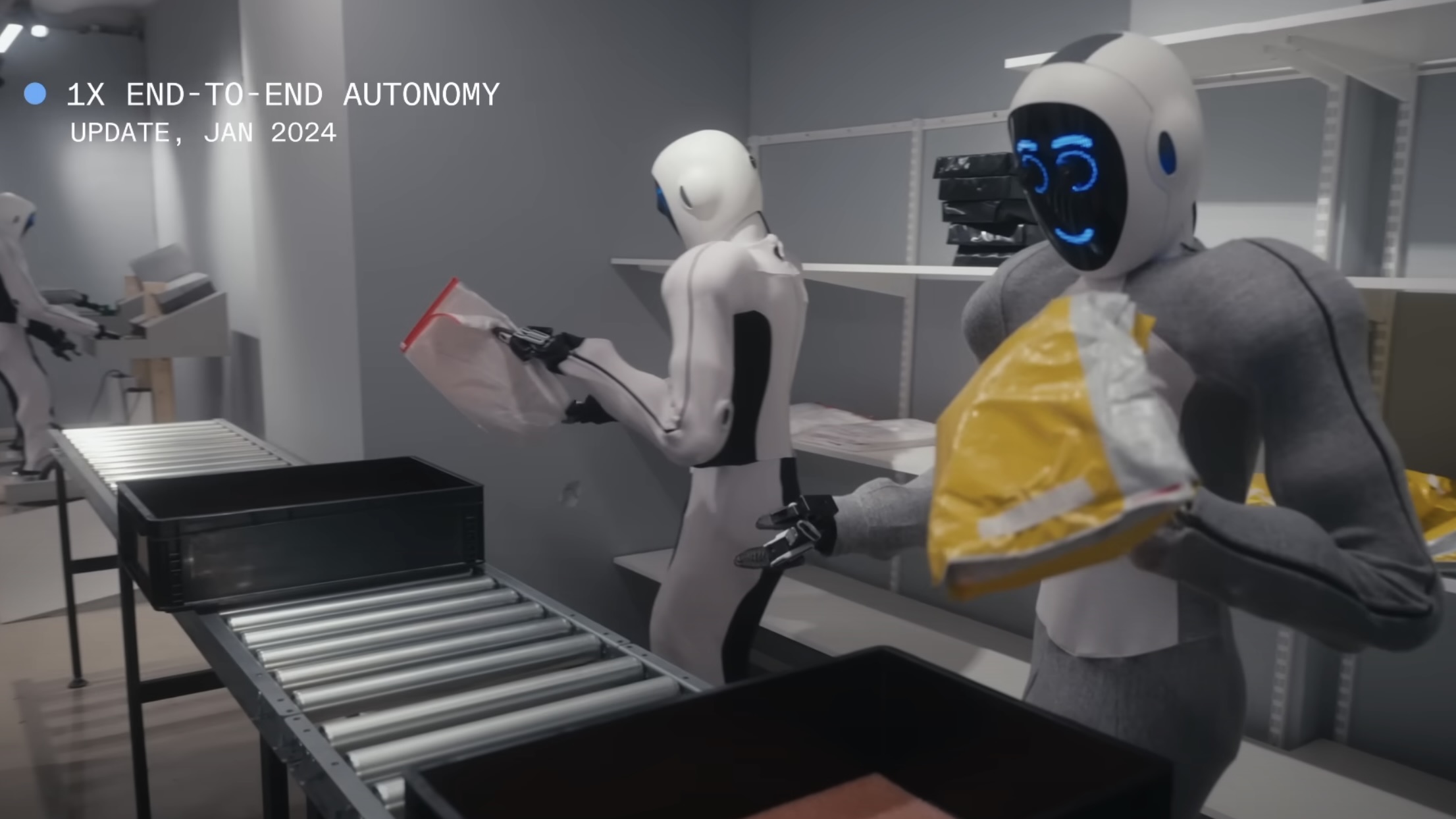
Watch this eerily silent vision of the future — where offices are filled with weird, AI-powered robots
By Keumars Afifi-Sabet published
In a new video, 1X's EVE robots work together in silence in a test environment, performing actions such as sorting mail, handling objects and tidying up a child's toys.
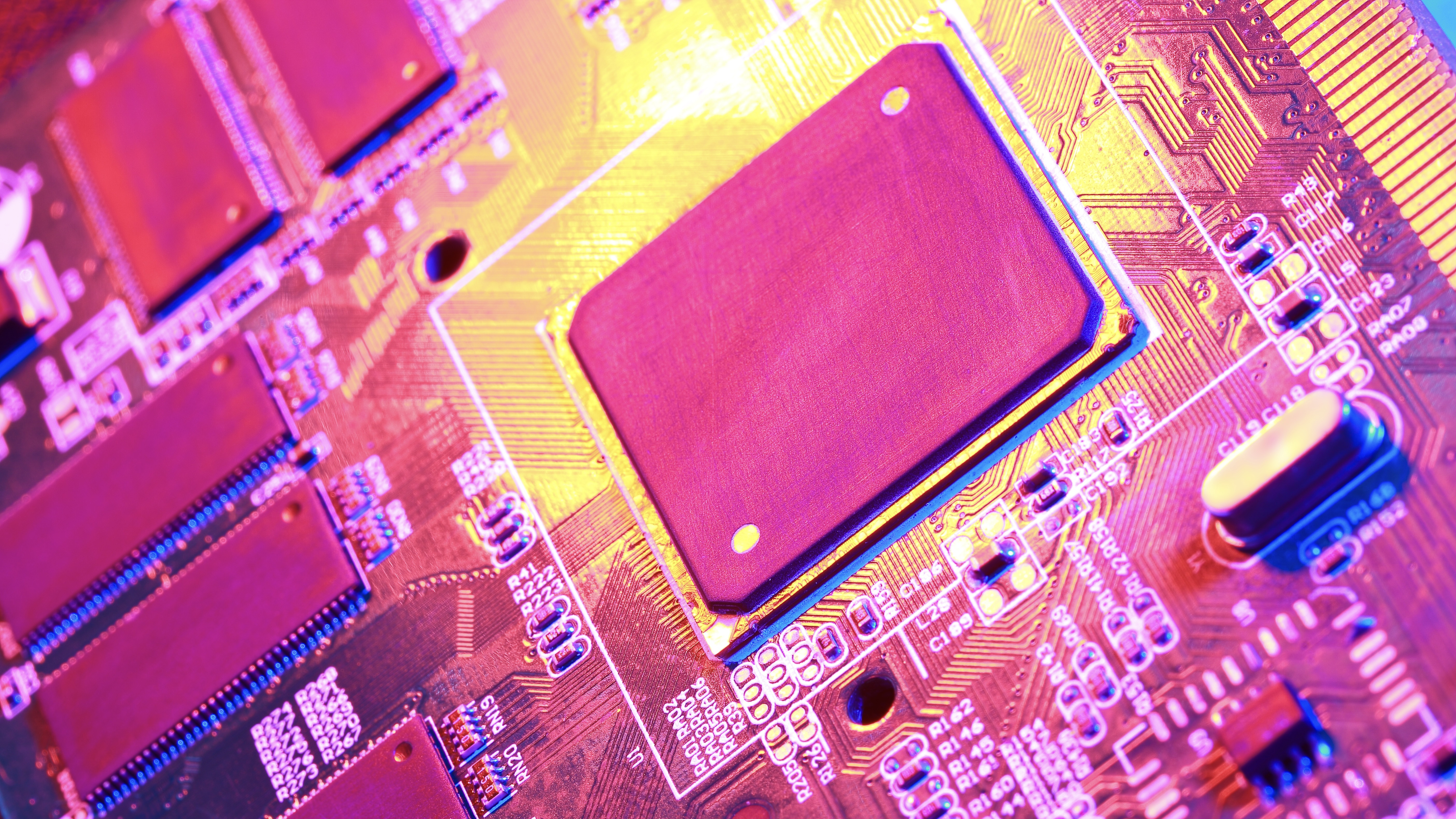
'Universal memory' breakthrough brings the next generation of computers 1 step closer to major speed boost
By Keumars Afifi-Sabet published
Universal memory promises to replace both RAM and flash storage in computers with a better, faster and more energy-efficient alternative — and researchers have just moved this one step closer to reality.

MadRadar hack can make self-driving cars 'hallucinate' imaginary vehicles and veer dangerously off course
By Keumars Afifi-Sabet published
The MadRadar hack bypasses the anti-spoofing protections in the radars of self-driving cars and can trick targets into imagining vehicles that aren't there — or hiding other ones that are.

New Chinese AI model 'better than industry leader' in key metrics
By Keumars Afifi-Sabet published
The newly announced Spark v3.5 can beat OpenAI's GPT-4 in language workloads, among other areas, and can synthesize human speech that conveys different emotions, tones and speech patterns, its creators claim.

'Remarkable' new algorithm could dramatically speed up web browsing
By Keumars Afifi-Sabet published
SIEVE is a new approach to web caching that's simpler and more effective than today's state-of-the-art algorithms, its creators claim — and big tech companies are taking notice.

NASA and DARPA flew 'experimental' self-flying helicopters to see if they could avoid crashing into other virtual aircraft
By Keumars Afifi-Sabet published
Two pilotless helicopters completed a dozen test flights, while attempting to avoid more than 150 virtual aircraft, to test the systems that will power future air taxis.
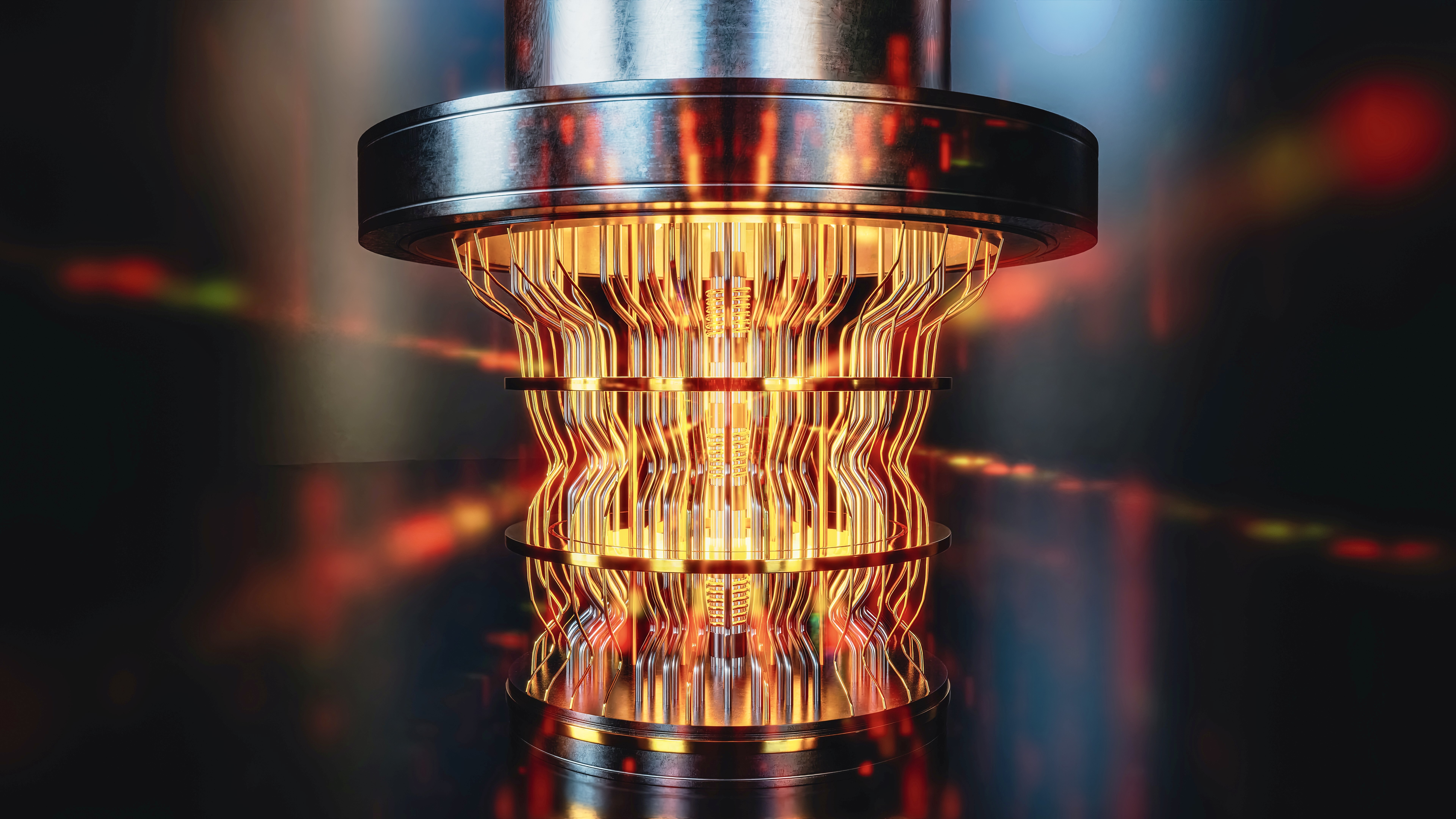
World's 1st fault-tolerant quantum computer launching this year ahead of a 10,000-qubit machine in 2026
By Keumars Afifi-Sabet published
QuEra has dramatically reduced the error rate in qubits — with its first commercially available machine using this technology launching with 256 physical qubits and 10 logical qubits.
Sign up for the Live Science daily newsletter now
Get the world’s most fascinating discoveries delivered straight to your inbox.
